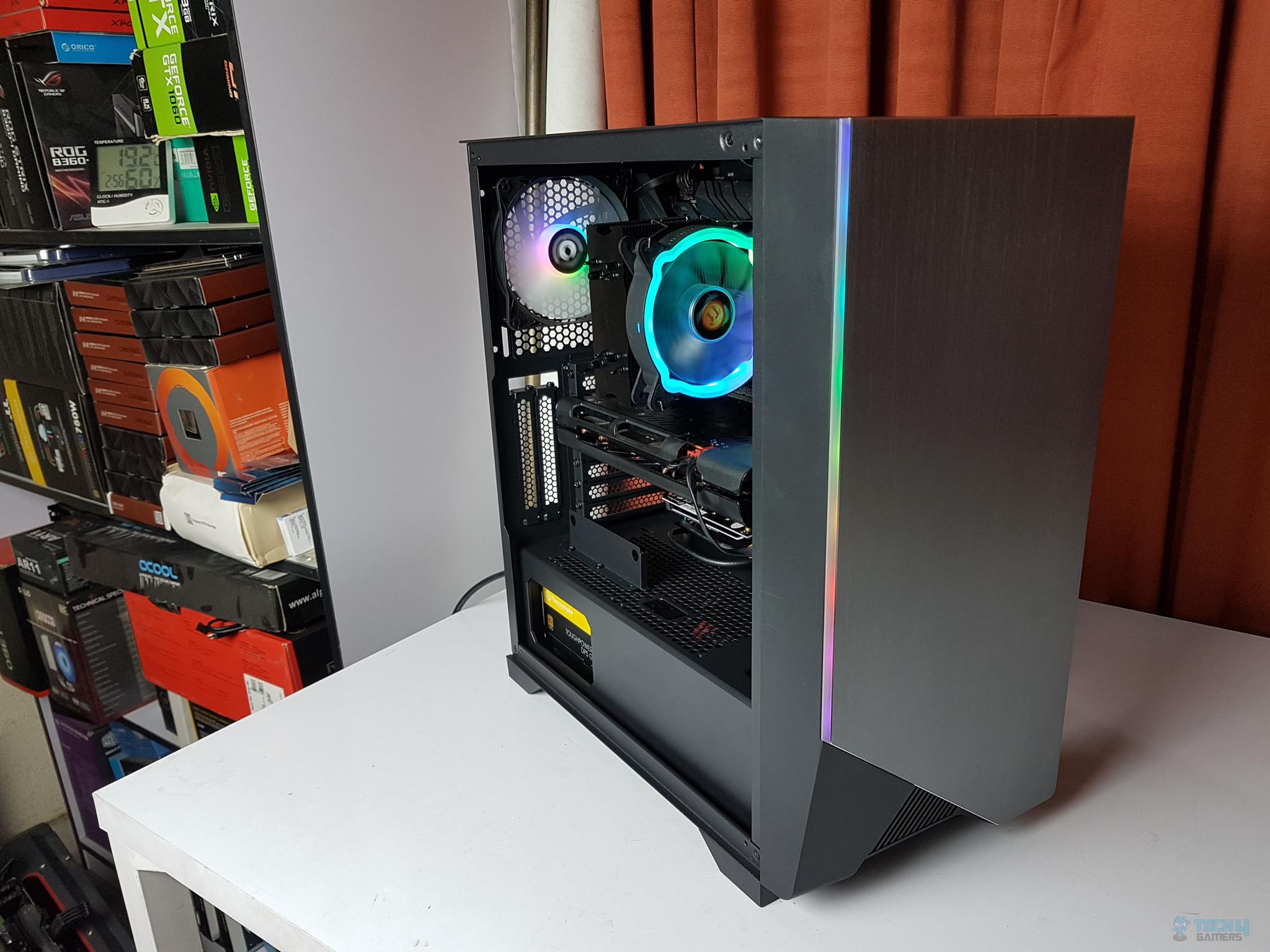
通販大人気】 Thermaltake PCケース H550 TG ARGB ミドルタワー CA-1P4-00M1WN-00 ひかりTVショッピングPayPayモール - 通販 - PayPayモール thinfilmtech.net

Thermaltake H550 TG ARGB MATX/ATX Mid Tower PC Gaming Case/Aluminium/Tempered Glass - Black : Electronics - Amazon.com

Thermaltake H550 TG ARGB MATX/ATX Mid Tower PC Gaming Case/Aluminium/Tempered Glass - Black : Electronics - Amazon.com

Amazon.com: Thermaltake H550 TG ARGB MATX/ATX Mid Tower PC Gaming Case/Aluminium/Tempered Glass - Black : Electronics
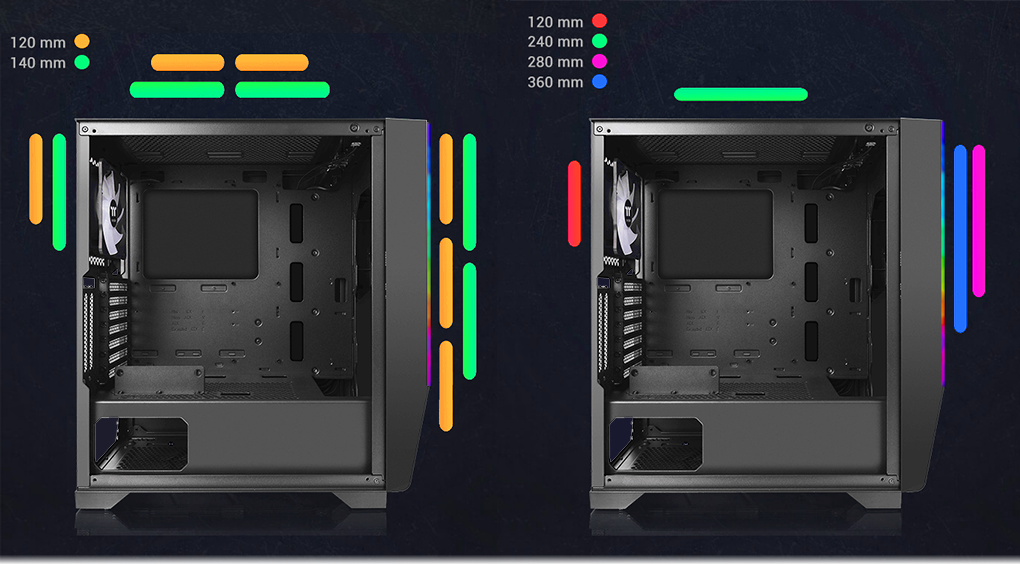
Thermaltake H550 Tempered Glass ARGB Mid-Tower Aluminum Chassis w/ 4mm Tempered Glass Panel, 1x 120mm ARGB Fan - Enthusiast Cases - Memory Express Inc.

Amazon.com: Thermaltake H550 TG ARGB MATX/ATX Mid Tower PC Gaming Case/Aluminium/Tempered Glass - Black : Electronics

Buy the Thermaltake H550 ATX Mid Tower Chassis - Tempered Glass - ARGB Light... ( CA-1P4-00M1WN-00 ) online - PBTech.com
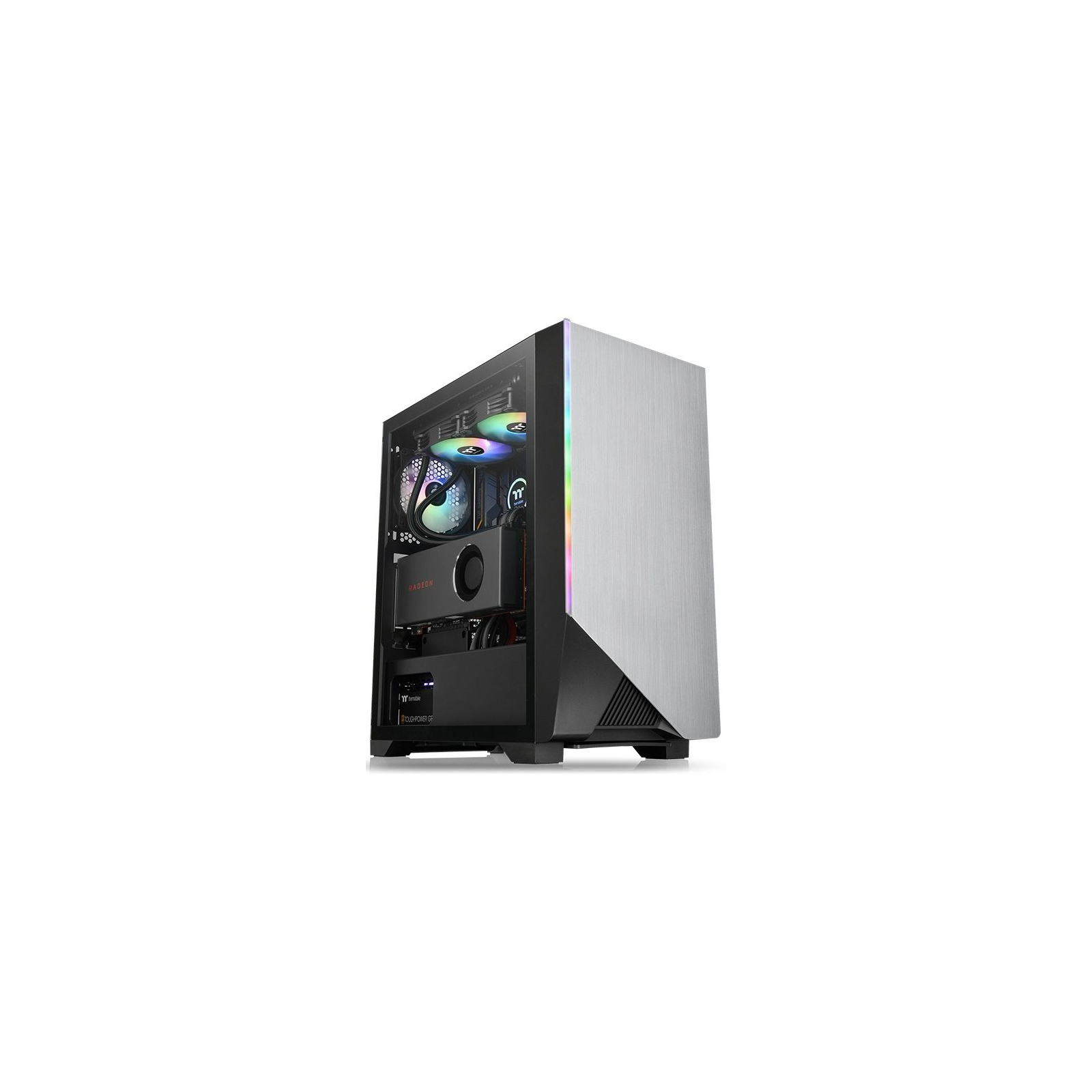
CA-1P4-00M1WN-00 - Корпус ThermalTake H550 TG ARGB Edition (CA-1P4-00M1WN-00) купити в Києві, Дніпрі по кращій ціні! EServer

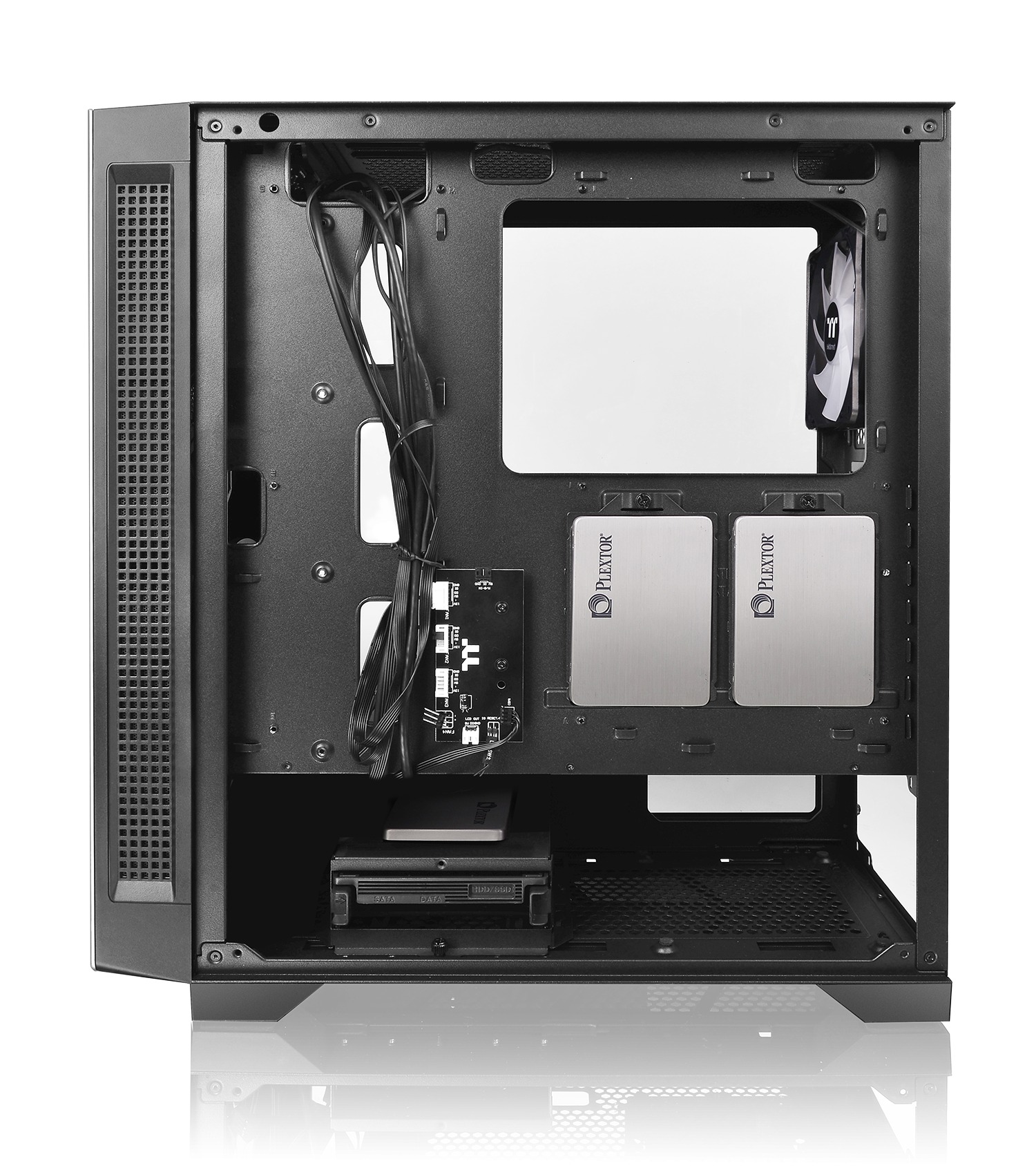


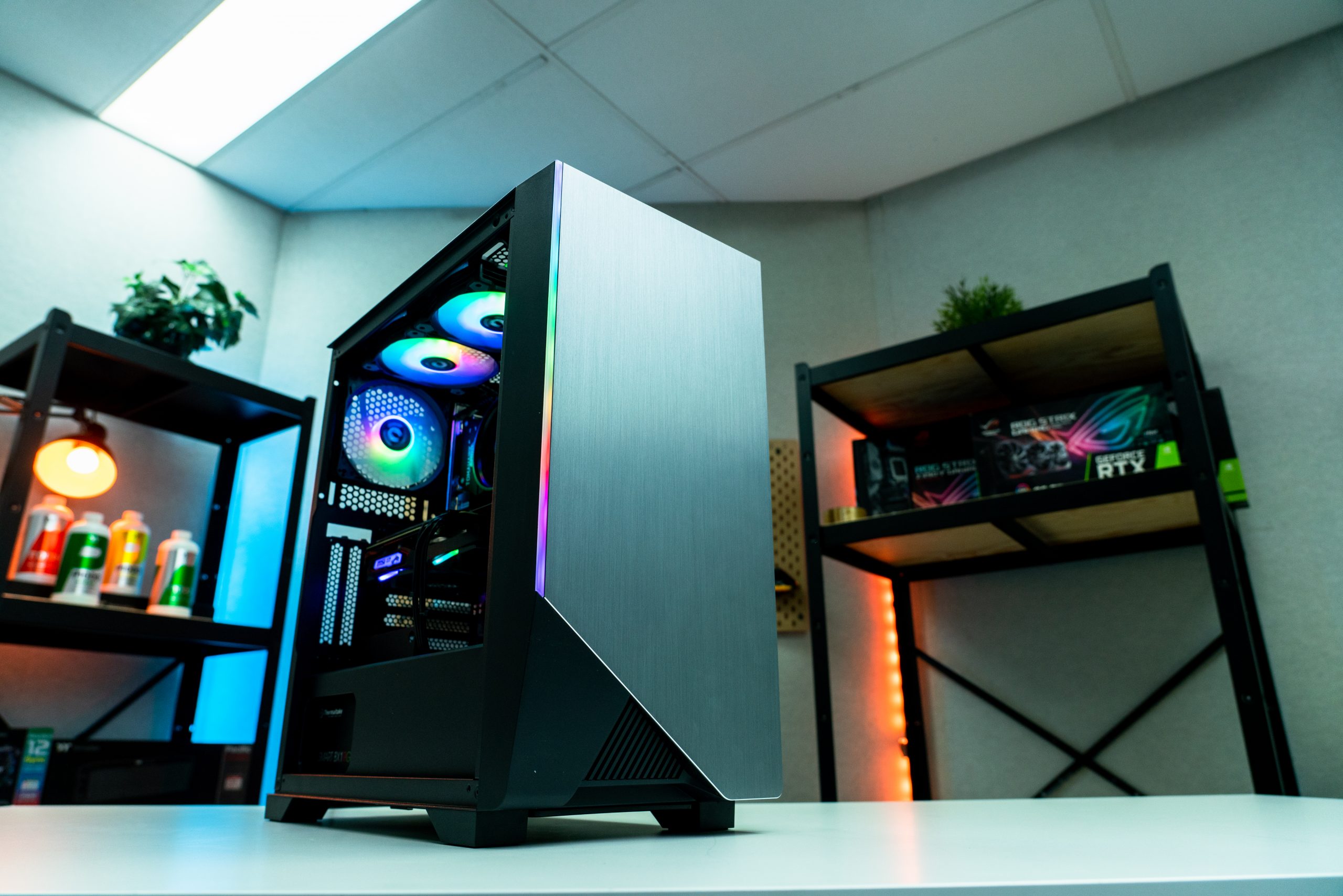


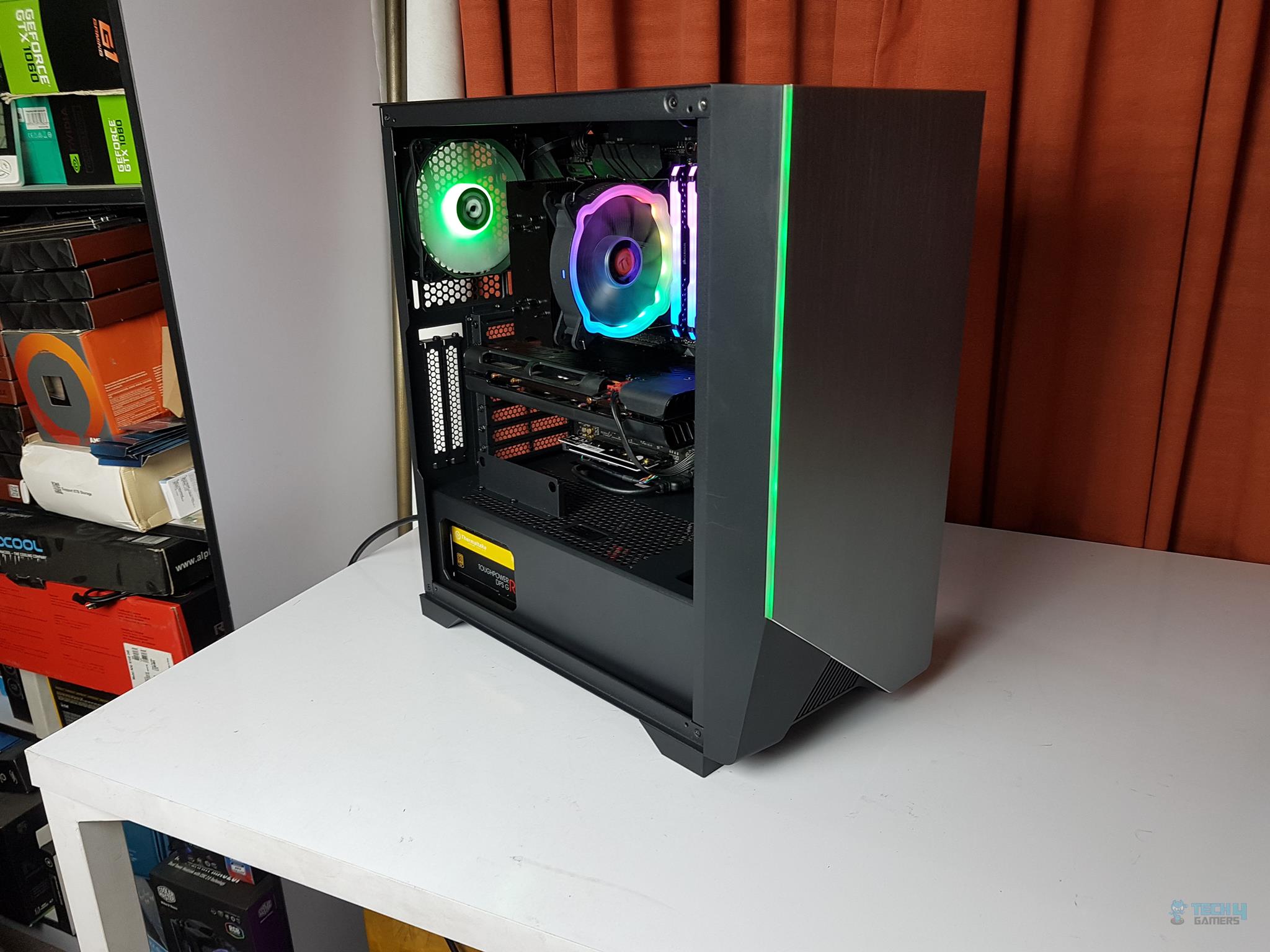
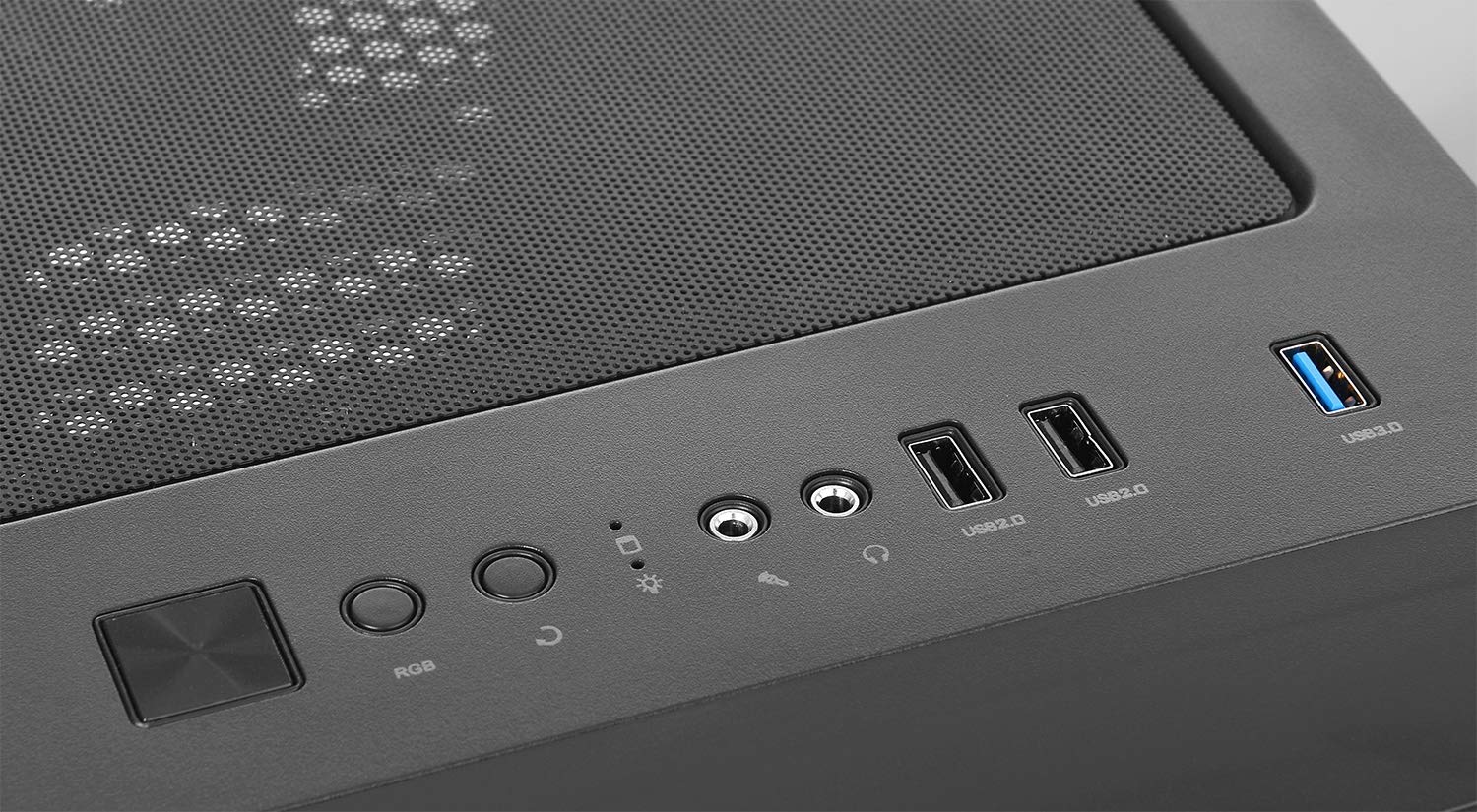

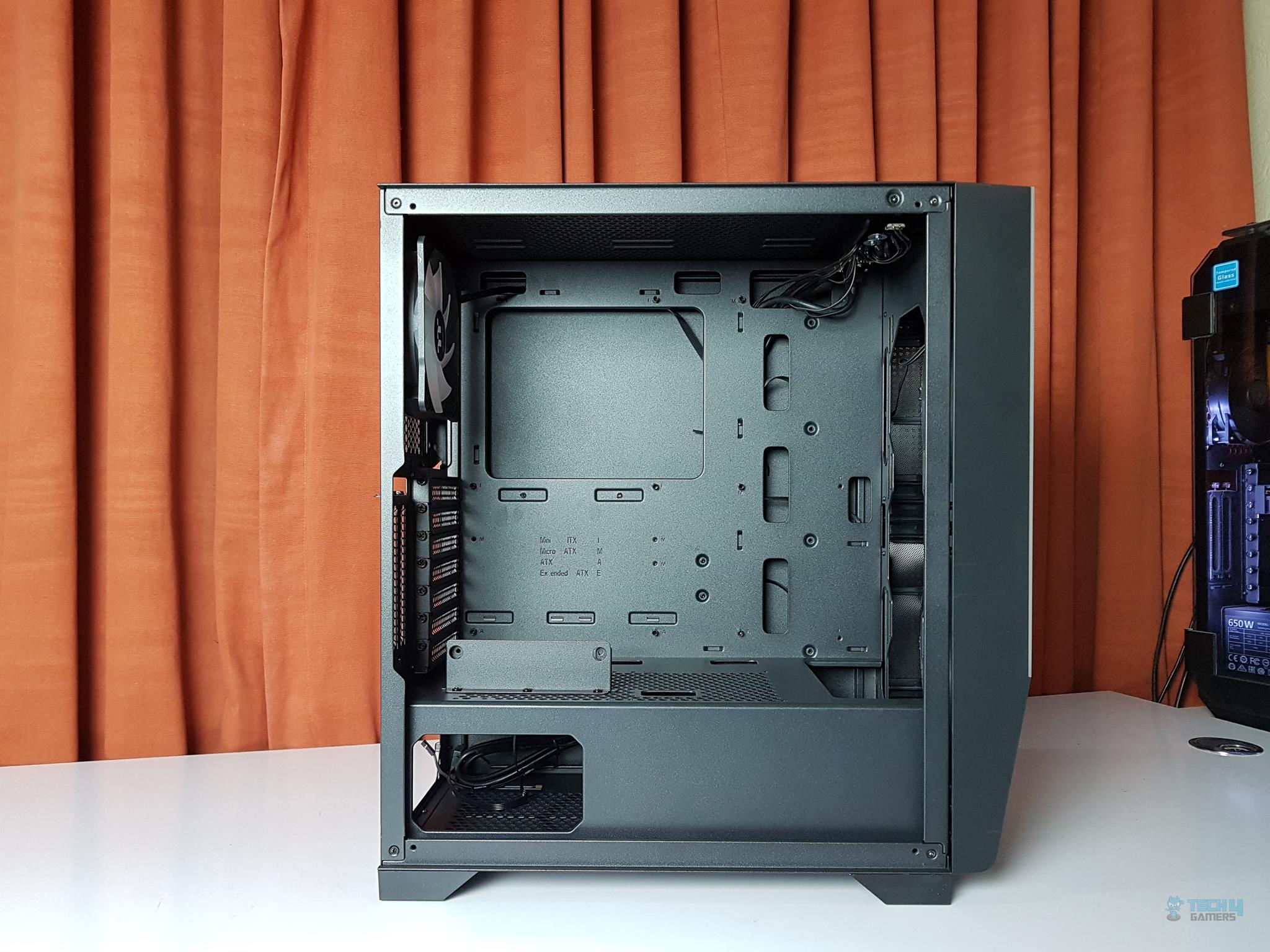
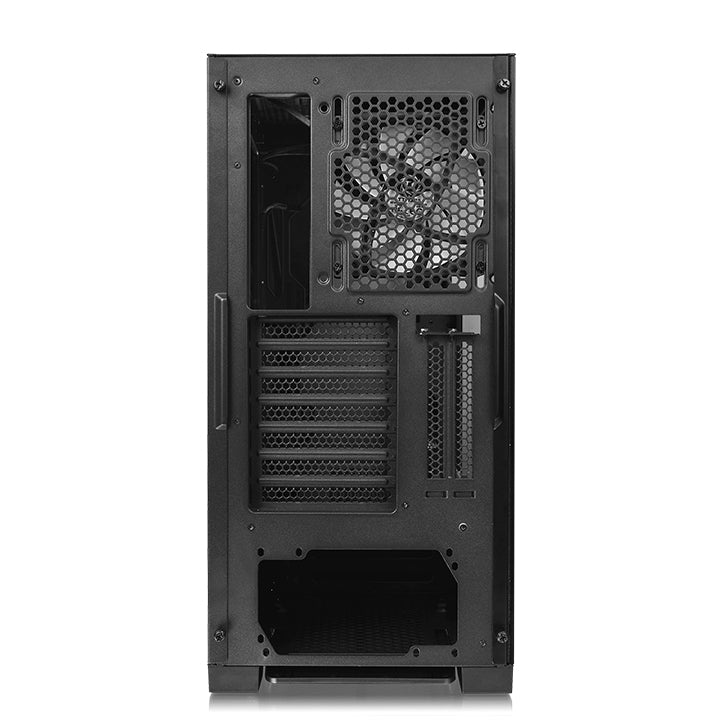
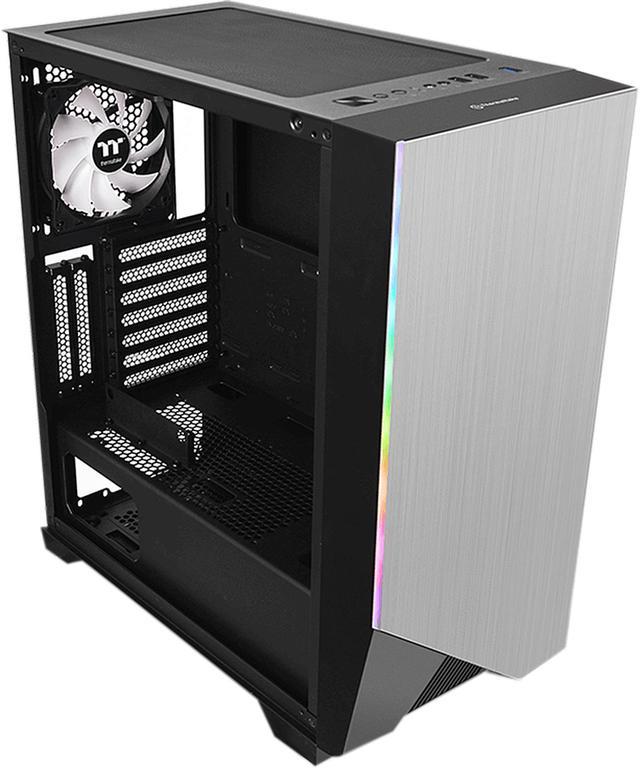


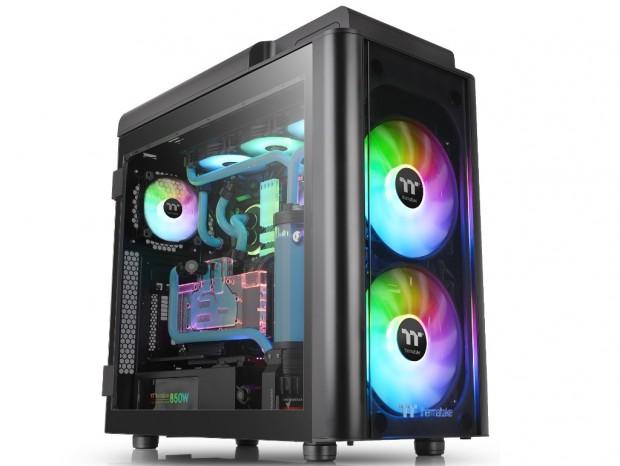

![Cowcot TV] Présentation boitier THERMALTAKE H550 - YouTube Cowcot TV] Présentation boitier THERMALTAKE H550 - YouTube](https://i.ytimg.com/vi/-qj3BuGPCaw/maxresdefault.jpg)


